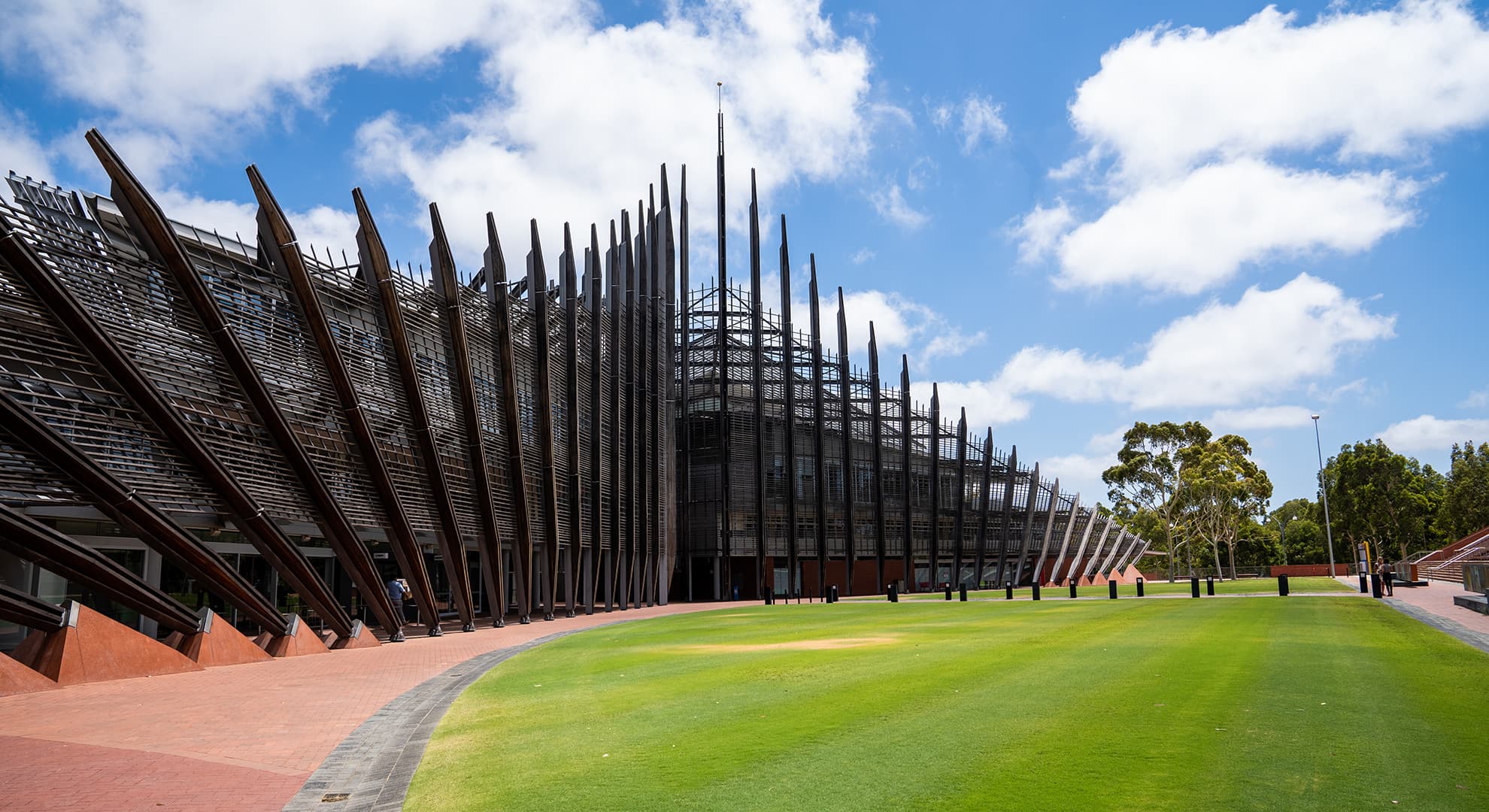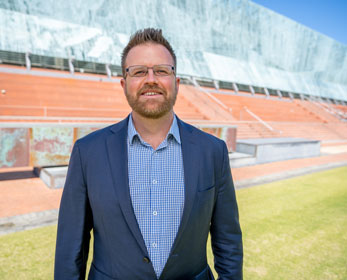Edith Cowan University (ECU) PhD student Dr Carlos Toro-Huamanchumo (MD) has been announced as one of the six recipients of the prestigious Forrest Research Foundation Scholarships which recognise the best early career researchers from around the world.
The Foundation was established in 2014 by Dr Andrew Forrest and Dr Nicola Forrest to drive research and innovation capacity in Western Australia by awarding Forrest Scholarships to outstanding young intellects from around the world to conduct research at one of Western Australia's five universities.
Dr Toro-Huamanchumo will investigate the link between vascular calcification, specifically in the abdominal aorta with cognitive function and dementia.
Over 55 million people suffer dementia worldwide, with almost two thirds of these people living in low-and middle-income countries. Despite the devastating consequences of dementias globally, very little is known as to why and how dementias develop and progress.
Dr Toro-Huamanchumo's project will follow on from a landmark ECU paper in the Lancet Regional Health Western Pacific in 2022 that showed that the one in two older women with moderate to extensive abdominal aortic calcification had twice the risk of being hospitalized for late-life dementia and four times the risk of dying from late life dementias, independent of genetics and risk factors.
Dr Toro-Huamanchumo's project will seek to confirm this link between the state-of-the-art ECU-led machine learning abdominal aortic calcification algorithm with brain imaging, cognitive function and dementia risk in large international and national datasets. Importantly, the work will not only identify the link between these conditions but will also use advanced genetic research methodologies to determine whether these links are likely to be causal and what preventative measures or treatments may be most effective.
Peruvian-born Dr Toro-Huamanchumo is supervised by Dr Marc Sim, Associate Professor Josh Lewis, Professor Blossom Stephan, Chair of Dementia and Professor Mario Siervo from Curtin University.
"I am thrilled and deeply grateful to have been awarded the prestigious Forrest Research Foundation scholarship to pursue my PhD," said Dr Toro-Huamanchumo said.
"This marks a significant milestone in my research career, providing a unique opportunity to advance and extend my work. I am committed to making a meaningful contribution to public health, not only in Australia but also internationally, with the additional hope of positively impacting Latin American populations, including my home country, Peru."
Dr Sim said Dr Toro-Huamanchumo's project centers around the application of a machine learning algorithm developed at ECU to detect a novel biomarker of subclinical vascular disease.
"This work holds immense clinical potential as we can assess abdominal aortic calcification on an additional image taken by widely available bone density machines that are currently used to detect osteoporosis in over 600,000 older people in Australia. If we can also use these machines to screen for abdominal aortic calcification and subsequent cardiovascular and dementia risk at the same time as osteoporosis screening that would be a game-changer. Carlos's work will be pivotal to assessing this and for future large clinical trials.
"Our team would like to sincerely thank the Forrest Research Foundation for supporting this important research and providing Carlos such a fantastic opportunity to be a part of the Forrest Hall community of future global research leaders."
Director of the Forrest Research Foundation Professor James Arvanitakis said that the quality of the 2024 Forrest scholars reflected the incredibly competitive nature of the program, as well as its growing global reputation.
"The Forrest Research Foundation is increasingly identified as a home of excellence, creativity and ground-breaking research," Professor Arvanitakis said.
"We continue to attract the best emerging researchers from around the world and connect them to centres of excellence within our universities. Building on our growing alumni, our new scholars will continue to ensure the research undertaken positively impacts the lives of Western Australians."
Dr Toro-Huamanchumo's research is supported by a Medical Research Future Fund Cardiovascular Health mission grant and a Heart Foundation Future Leader Fellowship for Associate Professor Lewis.

 ECU Joondalup
ECU Joondalup




